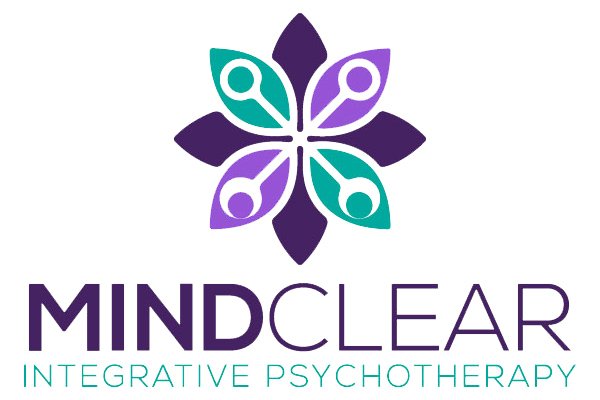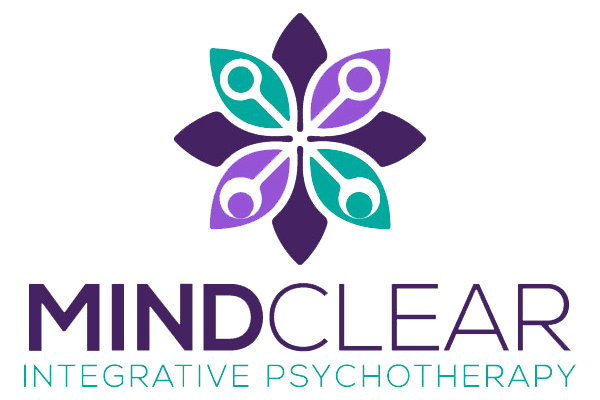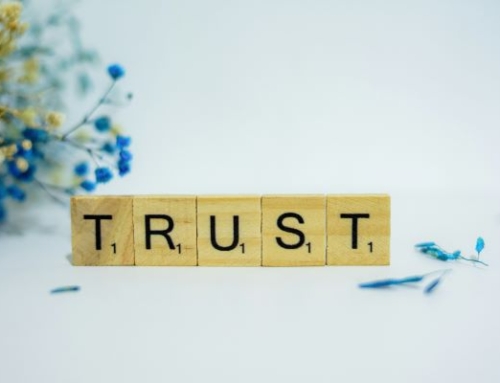New Year, Same You?
Why Self-Acceptance is More Important Than a “New You”

Photo by Natalie Kinnear on Unsplash
At the start of January, so many feel an intense need and pressure to transform overnight. You decide that January 1st is the day you are going to join your local gym, the day you are finally going to stick to a skin care routine, or the day that you are going to finally delete the DoorDash app. Resolutions and fresh starts are the main focus of all conversation, with the intention of leaving your past self behind and creating a grander version of yourself.
By February, however, most of that new-year energy has worn off. You end up right back in your old patterns, somehow feeling like a failure for still being the same ol’ you.
The thing is, change isn’t as easy as making a bold declaration.
Healing and transformation are not about becoming a “new you”. Nor are they about immediate payoffs.
Rather, change comes from the baby steps along the way. Ironically, perhaps, part of the journey of becoming closer to the ideal you is learning how to embrace yourself – your history, your experiences, and your motivation. It’s much more about self-acceptance than transformation.
What if, instead of huge, and let’s face it, impossible to keep changes, you tried to approach the new journey with compassion and kindness?
Debunking the Concept of a “New You”
The idea of a “new you” implies that there is something fundamental about the you today that isn’t good enough. This concept can make you feel increasing amounts of shame, more self-doubt, and a deeper sense of something is wrong with you.
However, this is simply not true!
You are a culmination of your experiences and those have led you to the person that you are today. Every human has room for self-improvement and change can be good. However, making yourself “better” should not come from the mindset of being broken.
With the heightened pressure of trying to make quick and enormous changes, you are likely to find yourself in a state of avoidance. When the mountain is too high, most will give up.
Additionally, becoming a new person or setting lofty goals of just willing yourself to change negates understanding – finding the reasons why you are the way you are. Working towards getting to know yourself and building insight into the why is what truly leads to long-lasting change.
Healing and growth are not about trying to erase the past. Change is about learning from past experiences and trusting yourself in how you choose to act in new experiences. The goal is never to become someone brand new (you are good enough as you!). Instead, the focus needs to be on learning to harness the strength that has brought you this far, and to use it to guide you moving forward. Again, it’s about self-acceptance, not self-hatred.
Slow and Steady Growth
The most irritating thing about healing, growing, and creating understanding is that they take time. It’s hard to consider that change isn’t an instant transformation, and that healing does not follow a linear path. Certainly, this makes for a boring social media post.
Motivation can also be tough to maintain without the immediate gratification that can boost that dopamine. Some days, it may feel like you’ve made huge strides towards change, and other days it might feel like a constant uphill battle. But, hills are usually easier to climb than mountains.
If you’ve spent a large chunk of your life carrying around feelings of pain and self-doubt, those can’t and won’t just go away overnight. And that is okay. Healing and growth require a literal rewiring of the brain. The only way this happens is through repeated efforts over time. To ease the pain, you need to work towards re-building trust within yourself, challenge old patterns, and learn what safety feels like. Through repetition of compassionate words, through self-care, and through emotional processing, you will find yourself coming closer to the authentic you instead of a new one.
Self-acceptance is about recognizing that you are fundamentally good enough, even if you have flaws to work on or habits to change.
Every time you meet a familiar situation with a new sense of awareness and work through it differently, you are contributing to your healing and growth. The key is trying to recognize the small and meaningful steps along the way.
Practice Self-Compassion
If you find yourself getting frustrated and annoyed with slow progress, know that you are not the only one. People frequently feel that they should be further along in their progress than they are. But here is where self-compassion plays a crucial role.
Perhaps instead of rigid resolutions that perpetuate shame when they feel too hard to attain, you could try and set kinder intentions for yourself. For example, when you hear that mean voice inside your head telling you that you are not good enough, take a breath and a step back. Try standing up to that critical bully and find a more gentle approach. Even just noticing the mean voice is a step towards progress. Self-compassion happens in the little things – in asking yourself “how can I help myself through this?” instead of “what is wrong with me?”
If you are someone who has experienced a trauma history, you might feel that you are unworthy or underserving of love. If you have spent years being abused and, in turn, being so hard on yourself, trying to be compassionate might feel odd or uncomfortable. It might even seem wrong or bad.
Again, that is okay. Making fruitful and impactful change often does feel uncomfortable, but that is a good sign. A sign that you are challenging yourself to do something that you’re not used to. Self-compassion takes time and practice but can truly change the way you view yourself and your journey.
New Year, Progressing You
Maybe, this year, instead of being hard on yourself for re-downloading the DoorDash app on a cold, rainy winter day, remember that one little moment doesn’t negate all the progress you have been trying to make. Change is not linear. Expect it to be 2 steps forward and 1 step back – You’re still moving forward, just not as directly or fast as you might like.
Forgiving yourself for being flawed and, well, human is part of the change itself. Remember that self-compassion is at the heart of any kind of long-lasting change.
So is self-acceptance. You are who you are and that is the culmination of all you’ve experienced. Healing yourself doesn’t mean forgetting about your past; rather, it’s in working through old wounds and learning to no longer let the past control you. Healing comes from your present agency to challenge past patterns and move through the world in a changed way.
More important than anything, goals, change, resolutions, and general well-being all come to fruition as you move closer towards yourself, not further away. They come from healing from pain and letting go of walls and defenses. You don’t need to become a new you. You just need to embrace the amazing you that you’ve always been.









